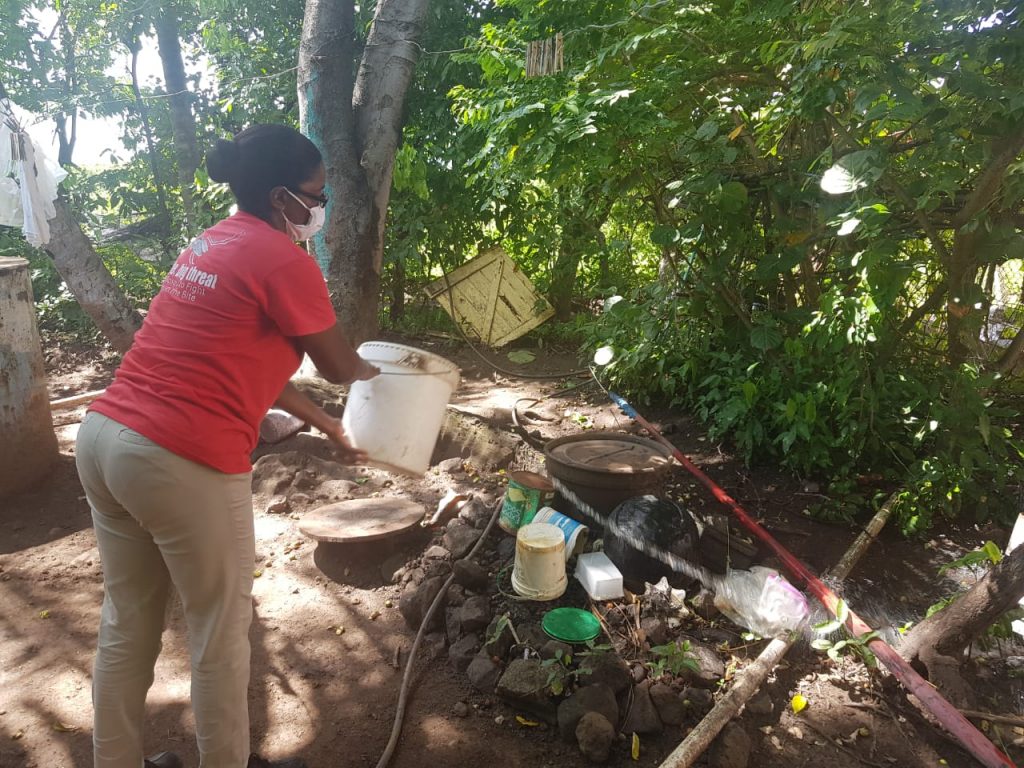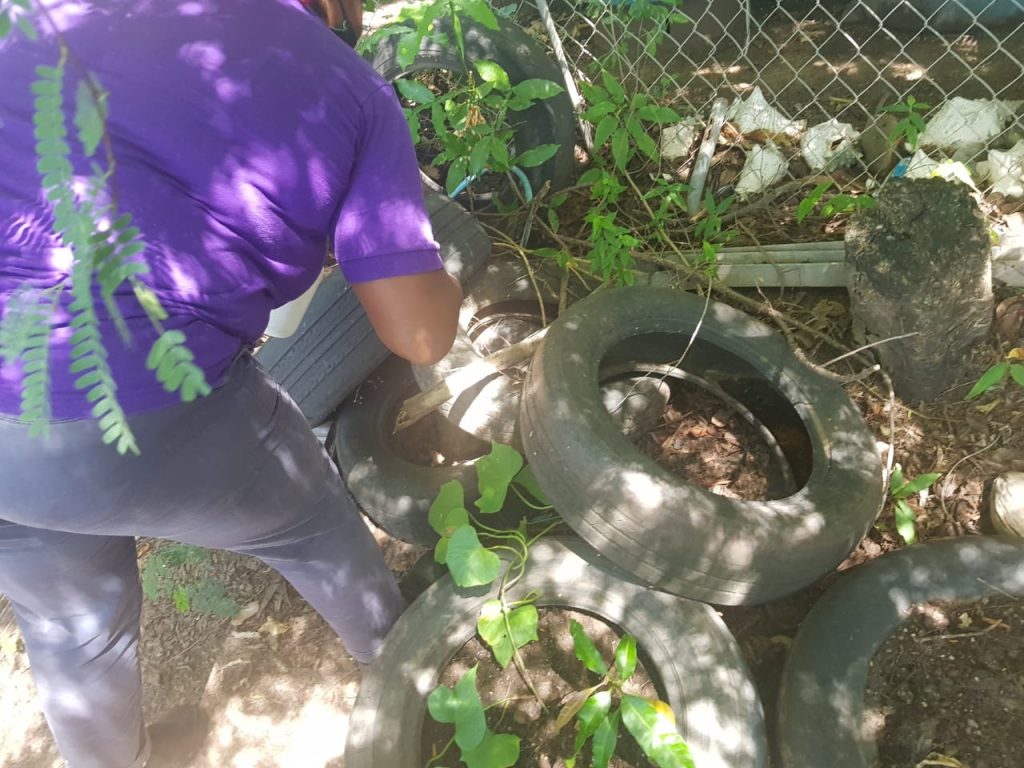By Shermain Bique-Charles
Antigua and Barbuda is taking steps to keep dengue fever at bay, following reports of serious outbreaks in some neighbouring islands.
On Monday, Jamaica, St Lucia and St Vincent and the Grenadines reported record-breaking outbreaks of the mosquito-borne disease, with numbers surpassing previous years.
Senior Health Inspector at the Central Board of Health (CBH), Julienne Mannix, told Observer that the department is stepping up its surveillance and education drive.
“We plan on going out to various communities and speaking to people in church, schools, community groups, political groups, to let persons know about the dangers of the Aedes aegypti [mosquito],” she said.
“Even as we fight Covid-19, we cannot take our eyes off other trends. We have to remember that the Aedes aegypti mosquito is the primary vector that spreads dengue fever and all of us have an important part to play in breeding habits all over Antigua and Barbuda.”
Mannix said CBH workers have been cleaning and covering several breeding sites, mainly in the southern part of Antigua.
“We have been going out in various communities. We check for the sites, we eliminate and treat what we find,” she explained.
The main focus, according to Mannix, is source reduction because “if we can eliminate the source or reduce breeding sites, we won’t have to worry so much about dengue fever,” she added.
Households and property owners are encouraged to check their water catchments and premises for stagnant water as these are prime breeding sites.
“Our neighbouring islands are experiencing a rise. We don’t want that situation here in Antigua so we must destroy the breeding sites. We won’t want a situation where we have to be fighting Covid and now dengue,” she said.
Meanwhile, Chief Health Inspector Sharon Martin is also appealing to residents to play their part in eliminating mosquito breeding sites in and around their homes, as the country enters the wet season.
Martin said while the department understands that many people are forced to store water for household use, containers must not be left open.
“Water storage is not a bad thing. What is bad is storing the water and not covering it. The mosquitoes like clean water. What we ask people to do is to store water that is properly covered,” she said.
According to the US-based Centers for Disease Control, symptoms of dengue fever include severe abdominal pain, persistent vomiting and marked change in temperature – from fever to hyperthermia.
And symptoms typically last between two and seven days.
In severe cases, patients may develop dengue hemorrhagic fever, which sometimes ends in death.
Increased fogging by the Vector Control Unit is also expected to continue with a focus on schools and health facilities.



